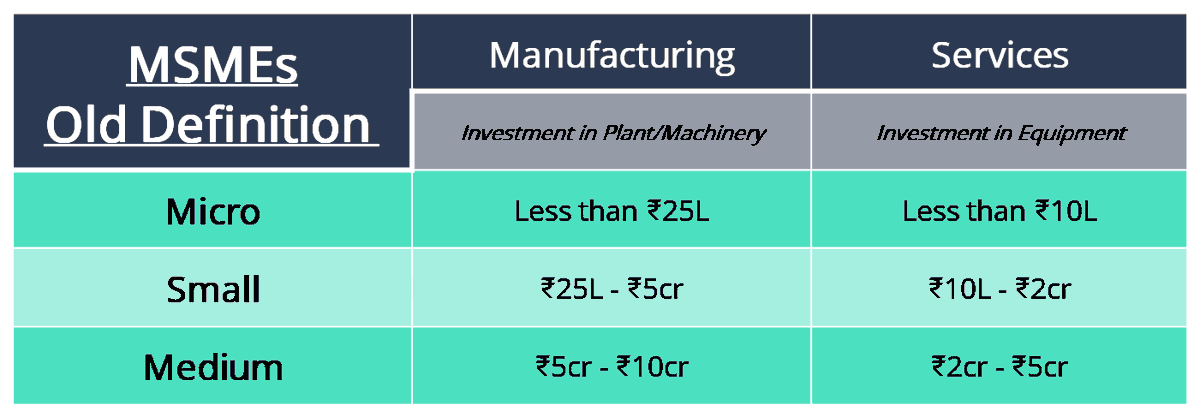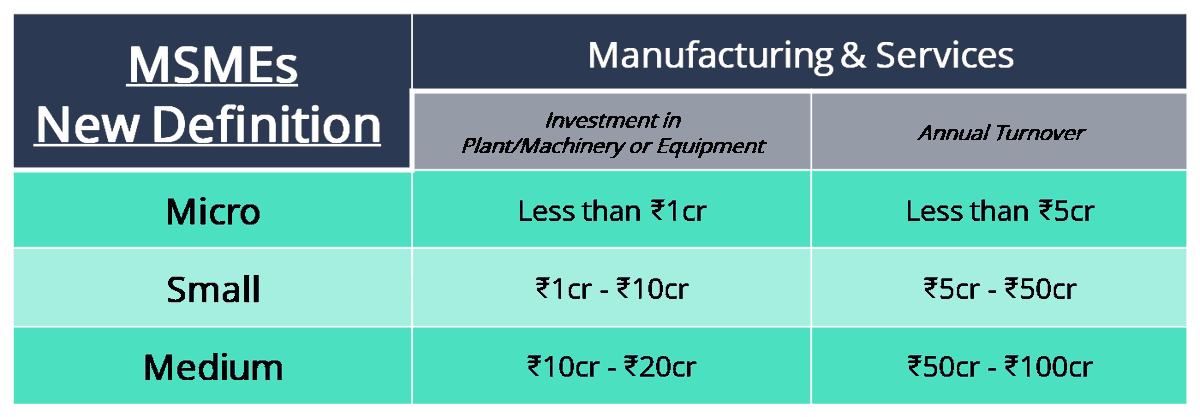
SPAC me the money!
Special Purpose Acquisition Companies, or SPACs are all the rage in Wall Street of late. They are an alternative to traditional IPOs if the intent is to take the company public.
[1/4]
Special Purpose Acquisition Companies, or SPACs are all the rage in Wall Street of late. They are an alternative to traditional IPOs if the intent is to take the company public.
[1/4]

The process is quite reverse, actually. In an IPO, a company with a defined prospectus is looking to raise funds from the market. A SPAC, on the other hand, is a company with money on its hands, looking for new business collaborations (mergers/acquisitions) to focus on.
[2/4]
[2/4]
Recently, India's Number #1 renewable energy company, ReNew Power, opted for a SPAC-IPO to go public on the NASDAQ Exchange. As more and more companies take the SPAC route, it becomes clear that investment is no longer a goal-oriented idea but a gain-oriented idea.
[3/4]
[3/4]
To read more about SPACs and ReNew Power's IPO, click on the link below.
transfin.in/renew-powers-n…
[4/4]
#renewableresource #renewablenergy #renewpower #nasdaq #nasdaqlisted #IPO #SPAC #investing #investor #investment #TransfinDataPoint #TRANSFIN
transfin.in/renew-powers-n…
[4/4]
#renewableresource #renewablenergy #renewpower #nasdaq #nasdaqlisted #IPO #SPAC #investing #investor #investment #TransfinDataPoint #TRANSFIN
• • •
Missing some Tweet in this thread? You can try to
force a refresh






